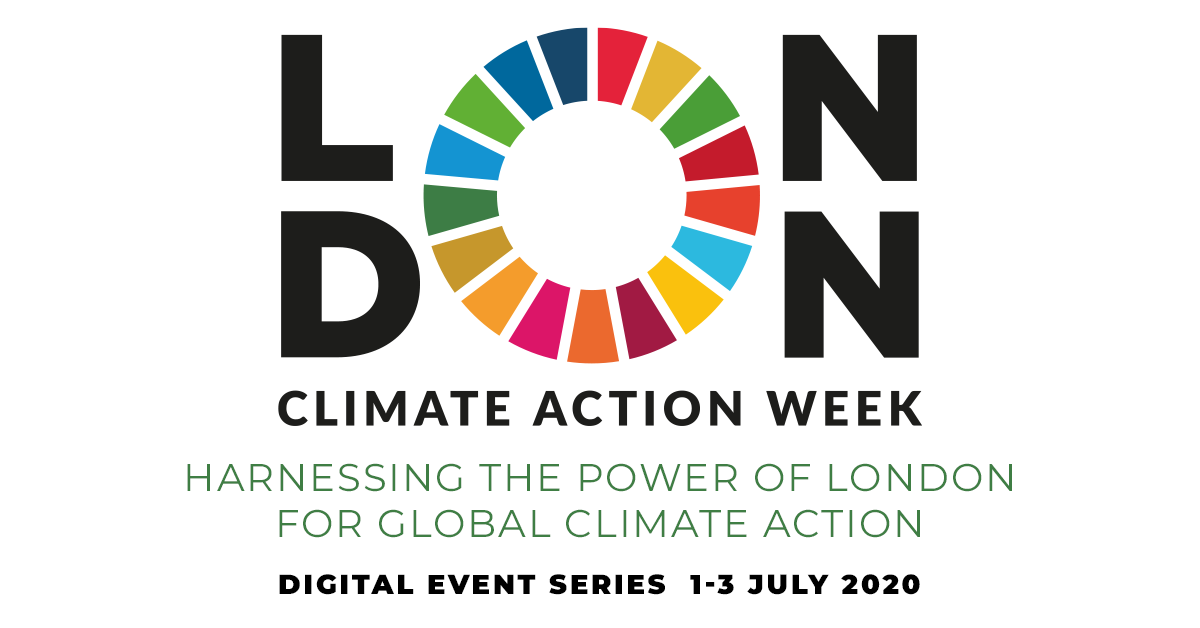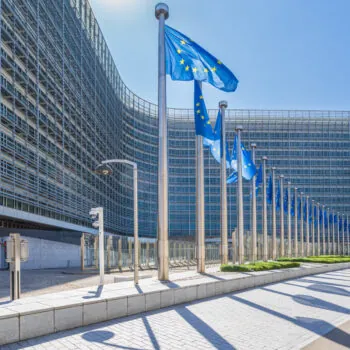Climate change is a whole of society problem. There is no part of society that will not be touched by whether climate policy succeeds or fails. Nor is there any part of society that does not have a part to play in determining whether it succeeds or fails.
We are already experiencing the first harbingers of the storms that will follow failure. The rapid growth of extreme weather events has battered every continent on Earth. This spring, temperatures in the Arctic reached 30°C. The subsequent thawing of the permafrost caused an oil storage tank to collapse resulting in an oil spill as big as that from the Exxon Valdez into a Russian river.
Our knowledge of climate science is now sufficiently robust to allow the part climate change plays in an extreme weather event to be identified. About three quarters of the estimated $90 billion cost of Hurricane Harvey resulted from today’s climate change.
Currently, the rise in global temperatures is just over 1°C. Since 2008 there has been a clear agreement by governments that going beyond a 2°C rise would cross the boundary between manageable and dangerous climate change. This makes staying below 2°C the mark of climate policy success.
We are now receiving a brutal lesson on the disruptive consequences of ignoring warnings from science. In 2007, a paper in the journal Clinical Microbiology Reviews warned: “The presence of a large reservoir of SARS-CoV-like viruses in horseshoe bats, together with the culture of eating exotic animals in southern China, is a time bomb.” Twelve years later, that bomb went off. It has caused disruption on a scale only ever before experienced during global war.
Climate science has been flashing a warning for more than thirty years. Climate science has been flashing a warning for more than thirty years. It is now clear that the disruption climate policy failure will cause will make that of the pandemic look marginal. And, it will be permanent. There is no recovery from climate policy failure. Unlike with the virus, we will not be able to return to anything resembling normal. Indeed, there will be no new normal as the climate will continue to change.
It would be wrong to say, as some do, that governments have done nothing to avoid this catastrophe. But it is true that they have not done nearly enough. We now know that to have a reasonable chance of staying below 2°C rise we must stop burning fossil fuels by the middle of the century. We also know that we already have the low carbon technologies to do so without depriving people of the energy services they need for a decent life.
We also know that we can afford to do it. We do not need to destroy the economy to protect the climate. Indeed, it is increasingly likely that a low carbon economy will be more efficient than today’s high carbon economy. This should not be a surprise. Over sixty percent of the energy we get from burning fossil fuels typically ends up as waste heat.
Why, then, have governments been so reluctant to act with the speed required? The short answer is because the politics of the energy transition are very difficult. What makes them so difficult is the sheer scale and the speed of what must be done to stay below 2°C.
There will be a great many jobs and investment opportunities in the low carbon economy we must build. The renewable energy industry already employs more workers than the fossil fuel industry in some parts of the world. But they will not be the same jobs, for the same people in the same places with the same skills. A successful energy transition requires an equally successful social transition.
Social change is a lot more difficult than engineering change and politicians have put far less thought and effort into it than they have to the technology change. Social change is a lot more difficult than engineering change and politicians have put far less thought and effort into it than they have to the technology change. To guarantee that we are all free from the disruption of dangerous climate change politicians must necessarily restrict our freedom to burn fossil fuels.
Those who will lose from the energy transition will inevitably resist and cause more political noise than those who will win. This political friction slows the pace of government action. In the battle of the lobbies for political ears well organised incumbents always have an advantage over diverse innovators.
London Climate Action Week (LCAW) was created last year to help redress this imbalance. London has the world’s largest and most developed ecosystem of institutions working to achieve climate policy success. This includes the financial might of the increasingly green City of London, world class universities and think tanks, a huge range of creative industries, professional services, campaigning bodies and very many innovative businesses.
Our intention was, and remains, to demonstrate both the depth and breadth of the organisations whose efforts were aligned by the goal of achieving climate policy success. We recognised that governments alone would not be able to overcome the political friction to an effective and timely climate policy. We needed to demonstrate the scale of the opportunities for building a net zero energy system and the army of organisations working to seize them in order to create greater freedom for governments to act.


